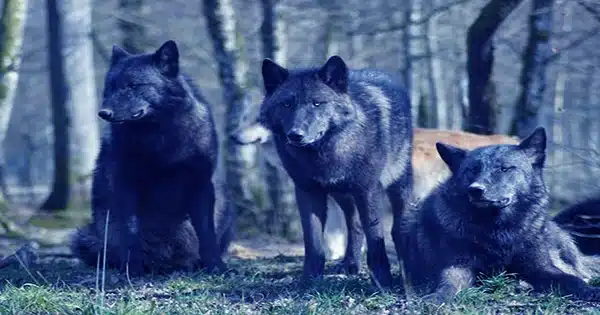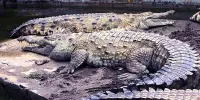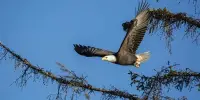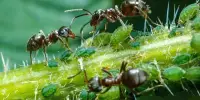According to new research, the wolf population in the Chornobyl Exclusion Zone (CEZ) differs genetically from those outside the region. Surprisingly, the irradiated wolves appear to have gained defensive mutations that improve their chances of surviving cancer.
Wolf and other animal populations have grown dramatically in Ukraine’s CEZ since the area was abandoned following the notorious 1986 nuclear disaster. In the absence of people, wildlife has been able to grow without interference from human activity.
To enjoy this independence, animals must face the obvious challenge of radiation. After all, that was the reason people fled in the first place.
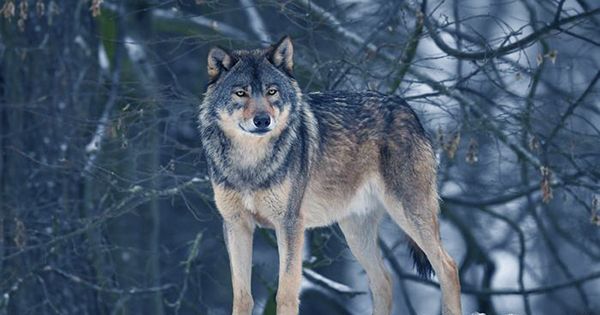
Cara Love, an evolutionary biologist and ecotoxicologist at Princeton University has spent a decade researching Chernobyl’s wolves to better understand how they survive against the odds.
In 2014, Love and her colleagues went to the CEZ and collected blood samples from the wolves to better understand their reactions to cancer-causing radiation. Some were also fitted with radio collars to collect information about their locations and radiation exposure.
“We get real-time measurements of where they are and how much [radiation] they are exposed to,” Love explained in a statement.
The study found that wolves in the CEZ are exposed to more than 11.28 milligrams of radiation every day of their life, which is more than six times the permitted limit for human workers.
The researchers also discovered that the wolves’ immune systems were affected, comparable to those of cancer patients receiving radiation treatment. Furthermore, genomic investigation indicates that sections of the wolf genome have developed some resistance to cancer.
Similar results have been observed among the hundreds of semi-feral dogs who dwell in the CEZ. In 2023, scientists discovered that the free-roaming dogs of Chernobyl were genetically distinct from pet canines existing elsewhere in the world.
Love’s research may have ramifications for human health. Love intends to utilize the findings to identify protective mutations that help patients survive cancer.
Unfortunately, the COVID-19 virus and the ongoing war with Russia have kept Love and her collaborators from returning to the CEZ. There’s no telling if or when they’ll be able to return.
“Our priority is for people and collaborators there to be as safe as possible,” he said.
Last month, the Society of Integrative and Comparative Biology held its annual meeting in Seattle, Washington, where the new findings were presented.
